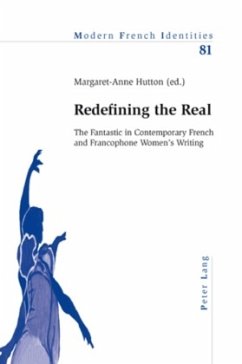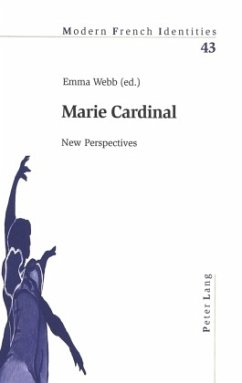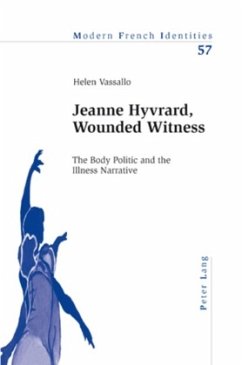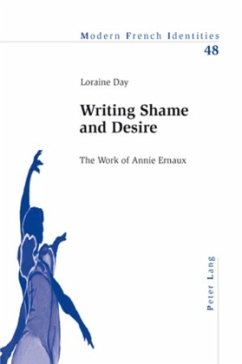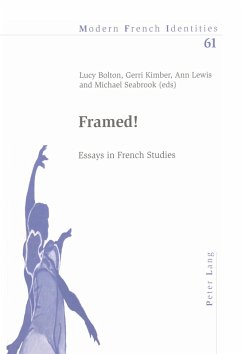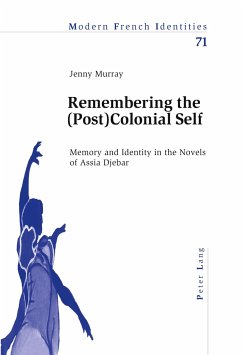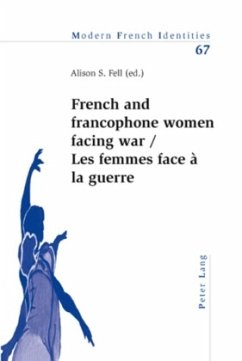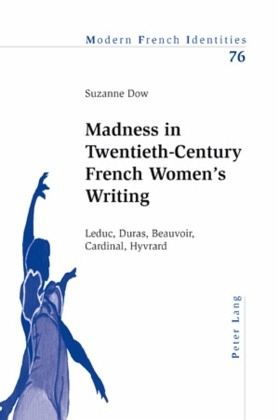
Madness in Twentieth-Century French Women's Writing
Leduc, Duras, Beauvoir, Cardinal, Hyvrard
Versandkostenfrei!
Versandfertig in 6-10 Tagen
61,95 €
inkl. MwSt.

PAYBACK Punkte
0 °P sammeln!
This book offers a discussion of the trope of madness in twentieth-century French women's writing, focusing on close readings of the following texts: Violette Leduc's L'Asphyxie (1946), Marguerite Duras's Le Ravissement de Lol V. Stein (1964), Simone de Beauvoir's 'La Femme rompue' (1967), Marie Cardinal's Les Mots pour le dire (1975), Jeanne Hyvrard's Les Prunes de Cythère (1975) and Mère la mort (1976). The discussion traces the evolution in the way madness is taken up by women authors from the key period starting just prior to the emergence of second-wave feminism and culminating at the h...
This book offers a discussion of the trope of madness in twentieth-century French women's writing, focusing on close readings of the following texts: Violette Leduc's L'Asphyxie (1946), Marguerite Duras's Le Ravissement de Lol V. Stein (1964), Simone de Beauvoir's 'La Femme rompue' (1967), Marie Cardinal's Les Mots pour le dire (1975), Jeanne Hyvrard's Les Prunes de Cythère (1975) and Mère la mort (1976). The discussion traces the evolution in the way madness is taken up by women authors from the key period starting just prior to the emergence of second-wave feminism and culminating at the height of the écriture féminine project. This study argues that madness offers itself up to these authors as a powerful means to convey a certain ambivalence towards changing contemporary ideas on the authority of authorship. On the one hand a highly enabling means to figure transgression, the madwoman is equally the repository for a twentieth-century 'anxiety of authorship' on the part of the woman writer.





